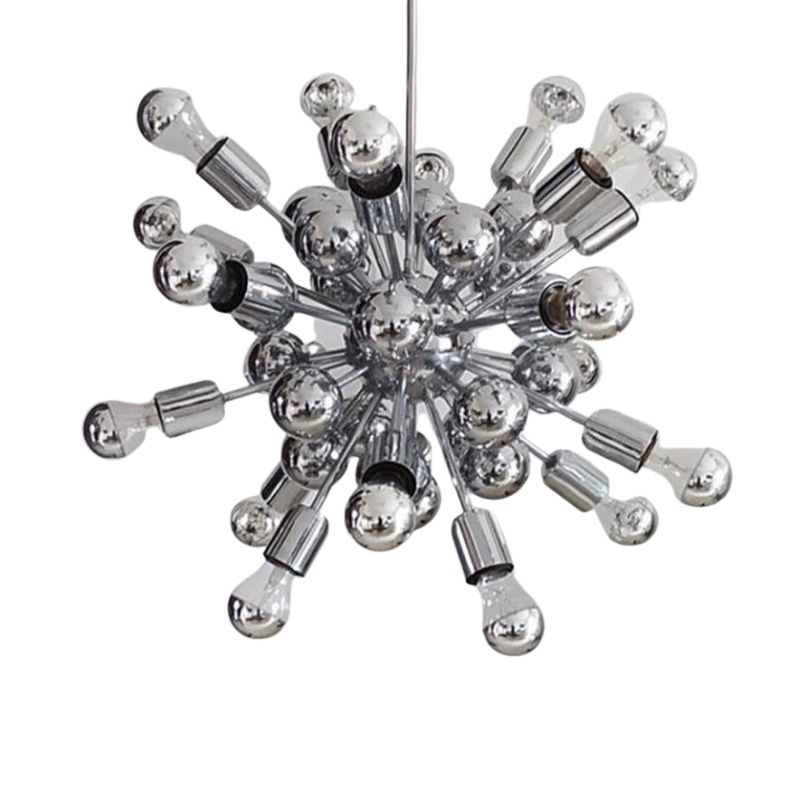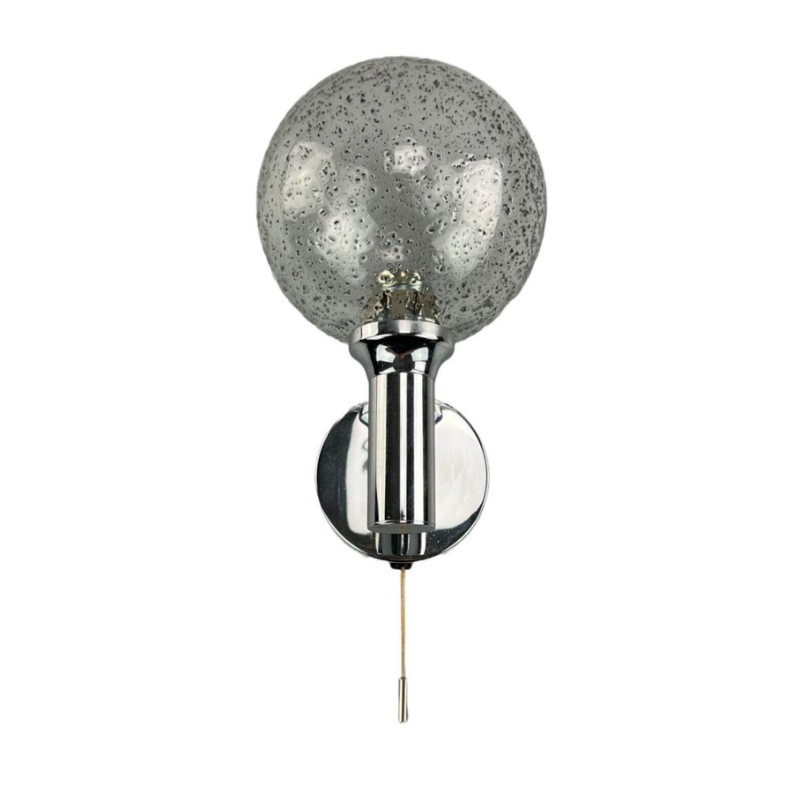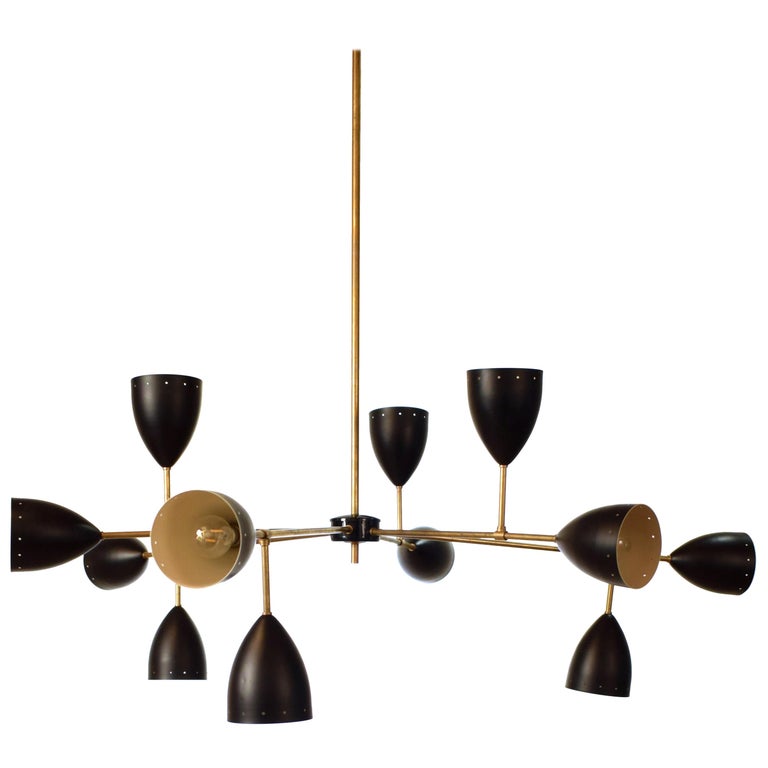Who was she really writing about any ideas?
here is a review from a Internet book reviewer
In Ayn Rand's novel The Fountainhead, the presentation of her ideas about objectivism using the contrast between Howard Roark, her ideal character, and the rest of society is what makes this novel exceptional. Roark's selfishness and unwillingness to compromise sets him apart from the general public. His ability to stay uncompromising and uncaring just to support his principles is truly amazing. The main theme of the novel is the importance of being true to oneself. Roark is not affected by all of the things thrown at him during the novel. His unwillingness to compromise does hurt him, but he does not realize this. Even though his situation looks bad from the outside, that is what Roark chooses for himself. Roark would rather live with nothing than to conform to conventional standards. The entire novel is the presentation of Rand's theory of objectivism. Objectivism is the idea that it is ok to be selfish if that is what makes you happy. Doing what you want when you want is ok as long as it helps you. It also deals with using reasoning to decide what is right and wrong, not just agreeing with society. Roark has no regard for what he should do and instead focus's on what makes him happy. There are many important characters present in this novel. Howard Roark is the main character. He is Rand's idea of an ideal man. Peter Keating is his colleague. Peter is Rand's idea of a person who will get what he wants in the wrong ways. Ellsworth Toohey is Rand's idea of everything wrong with the world. He promotes selflessness as opposed to Rand?s idea that everyone should be selfish. Dominique Francon balances out Roark's selfishness with her hatred of society and the people in it. This book does not fit into a conventional 'genre'. It is not a mystery or adventure. The Fountainhead is just a book about the struggle of Roark to not compromise to the standards put forth to him by society. The Fountainhead was a hard read. The book's style is not meant to be entertaining. It is meant to simply present Rand's philosophy (objectivism). The language is simple, but it is a long, hard read. This is partly due to the fact that the book starts really, really slowly. The voice of the narrator is third person omniscient. The use of this voice is to, once again, convey Rand?s ideas about objectivism. By seeing into the minds of Roark and Keating, the thoughts of both can be compared and Roark?s can be praised over Keating?s. Although this book was a long read, it was still worth reading. The ideas presented are worth examining and reflecting on. The book has a slow start, but it is worth finishing. Rand?s ideas are eye opening. Even though Rand?s ideal world is inconceivable in today?s society, it is interesting to speculate about what it would be like if it was possible.
Do you think she was th...
Do you think she was thinking of Richard Neutra?
she did live in a home designed by him, and the book was written in 1943 and that is when he was doing a lot of his great design work in Southern California. and from what I have read about Neutra he was a difficult character at best? but not as difficult as Frank Lloyd Wright,
We need SDR to weigh in as he is our resident scholar on FLW.
FLW is usually given as the i...
FLW is usually given as the inspiration by literary critics (ie not architectural historians) - I never knew thats she lived in a Neutra house though. Assuming of course that the inspiration for Roark is one single identifiable figure. I've read the book a couple of times (and about 10 pages of Atlas Shrugged) but never been tempted by a Rand biography. I wonder what reception the book got amongst architects at the time - especially amongst emigre Germans and Austrians for whom Rand's quasi Nietschean agenda may have made uncomfortable reading?
from 'The Journals of Ayn Rand':
"Rand found aspects of The Fountainhead's theme and characters everywhere in the actual profession of architecture. Ellsworth Toohey's manner of combining architectural criticism with collectivist propaganda was taken in part from the writings of Lewis Mumford and Bruno Taut. She identified the second-handedness of Peter Keating in the work and writings of architect Thomas Hastings. As to deeper issues, she even recognized the central importance of the concept "unit" while considering the planned design of cities versus individual buildings."
The problem with Rand's version of
the world was one of such extremes; in her world, lines are absolutely drawn between extreme modern originality and extreme conformity.
I can see alot about her writings that is appealing until I read about her extreme political views. Phillip Johnson - one of the greatest 20th Century architects - was a member of the facsist party at one time. And what about all of those artists who stepped through Communism during the Depression years.
I tried reading "The Fountainhead" once upon a time but as person with ADHD, I didn't get through it. But I did see the movie!
Objectivism is an interesting concept, but like most free thinkers of era, she had no middle ground and was a bit lacking in world of perspective.
In my twisted world, all great modern architects and designers were liberial, but with their feet firming planted on the ground.
In the real world, things were quite different!
Ayn Rand lacked perspective, eh?
She did grow up in St.Petersburg during the Communist revolution, after which her family business was confiscated.
What sort of perspective did she lack, exactly? (And, what's "middle ground", when it comes to ideas? Inconsistency and contradiction?)
I knew her background...
but that doesn't only explain her view of life.
Similarly, Billie Holiday, Ethel Waters, Dinah Washington, Ella Fitzgerald and Sarah Vaughan all grew up in the same rough world and only one became a junkie (Holiday) and only one died of booze and drugs (Washington). I've read nothing to indicate that Holiday and Washington had it worst than the others.
In the case of Ayn Rand, extreme individual objectivism is about 30% too extreme for me.
No big deal, probably no one have ruined their lives by reading Ayn Rand. I'm just a bit surprised how amazingly popular her books are.
I revisited the book ...
I revisited the book that i first started to read 38 years ago as a High School senior,
I saw her home photographed by Julius Shulman designed by Richard Neutra so I became curious who Howard Roark
really was, first thoughts were Frank Lloyd Wright cause of the era the book was written and his celebrity at that time, Richard Neutra came to mind cause he designed her home at the same time as she was writing the book
You either lover her or hate her, Her views can be somewhat difficult at best, and her writing is not that easy for me to read, I guess that is why it took 38 years to read it,
Lighten up, huh?
"Since you admit you've never actually read even one of her books
one wonders how you've formed your opinion.(?)"
-----------------
I never said I never read any of her books. I read "Anthem" (so, there)!
I've read more about her than read her. I got interested when I saw the film "The Fountainhead"
My opinion is just my opinion. If you don't agree, fine. But when you go on suggesting that I don't have the right to voice an opinion, then I have to stand up for little 'ol me.
It's no shame to have not...
It's no shame to have not read Ayn Rand anyway!!!
Entertaining tosh would be my kindest verdict - when I read it the second time it was in the spirit of a 'guilty pleasure' tbh. Its not so much that the characters, plot and philsophy are ridiculous (why they are) its that Rand is so bloody serious about it all. Thats putting aside that when reading the Fountainhead you are aware that the author may well be a quite repulsive human being.
nb can holden c expalin how having lived through the Russian revoltution should bestow 'perspective' on a person. So did Joe Stalin, notoriously reluctant to see the other guy's point of view.
Well,
'perspective' can take in any number of things, while leaving many others out, I suppose. And the 'inner man' [or woman] will *make* any number of things out of the exterior experience. . .
My only contribution here is that Ms Rand actually commissioned a house from Wright; the project remained unbuilt. Details to follow.
I guess I was warned off of the Ayn Rand experience, though I think I gave Atlas Shrugged a brief chance. I take it that Objectivism is a sort of ultra-Libertarianism ? I have little stomach for the Me-Firsters of the world, whether corporate or individual. . .
Paulanna
when I read it the second time it was in the spirit of a 'guilty pleasure' tbh. Its not so much that the characters, plot and philsophy are ridiculous (why they are) its that Rand is so bloody serious about it all. Thats putting aside that when reading the Fountainhead you are aware that the author may well be a quite repulsive human being.
You are so correct !!! I could not have said it better
I personally do not see what my fellow man sees
in her and even loves this stone cold bitch,
Who the hell does she think she is/was. very repulsive human being, why do people say she changed my life?
Jesus,Moses,G-D, yes for changing your life along with AA meetings every other day ... but Anne Rand changed my life? what the hell was the matter with ones life that it needed changing by her?
Who was Roark? why was he such a Ideal Man , or as they say a figment of her imagination
The Fountainhead is just a book about the struggle of Roark to not compromise to the standards put forth to him by society .....just sounds like Wright or Neutra,or even Mies with that International glass Box style he was promoting in the mid 40's ,
But it really could be any one who thought out of the big box...
If you need any help, please contact us at – info@designaddict.com









